Implementation of Open-Ended Approach in Mathematics Learning to Improve Learning Independence of Vocational High School Students
DOI:
https://doi.org/10.33541/edumatsains.v10i1.6710Keywords:
mathematics learning, open-ended approach, independent learning, Vocational High School, quasi-experimentAbstract
This study aims to analyze the effectiveness of mathematics learning with an open-ended approach in improving the learning independence of Vocational High School (SMK) students. This study uses a quasi-experimental method with a pretest-posttest control group design involving two groups of class XI Computer Network Engineering students (TKJ 1 and TKJ 2). The sample used was 72 students, which were divided into an experimental group and a control group. Data on student learning independence were collected through a learning independence questionnaire consisting of 36 statements that were analyzed using statistical tests with the help of the SPSS version 30 program. The results showed that the experimental group using an open-ended approach experienced a more significant increase in learning independence compared to the control group. This finding indicates that the open-ended approach is effective in improving student learning independence, which is very important in preparing them to face the dynamic world of work. However, the level of student learning independence is still in the low category, which indicates the need for the implementation of advanced strategies to further maximize the potential for student independent learning in the long term.
Downloads
Published
How to Cite
Issue
Section
License
Copyright (c) 2025 Rusdian Rifai, Turmudi, Jarnawi Afgani Dahlan, Suhendra

This work is licensed under a Creative Commons Attribution 4.0 International License.

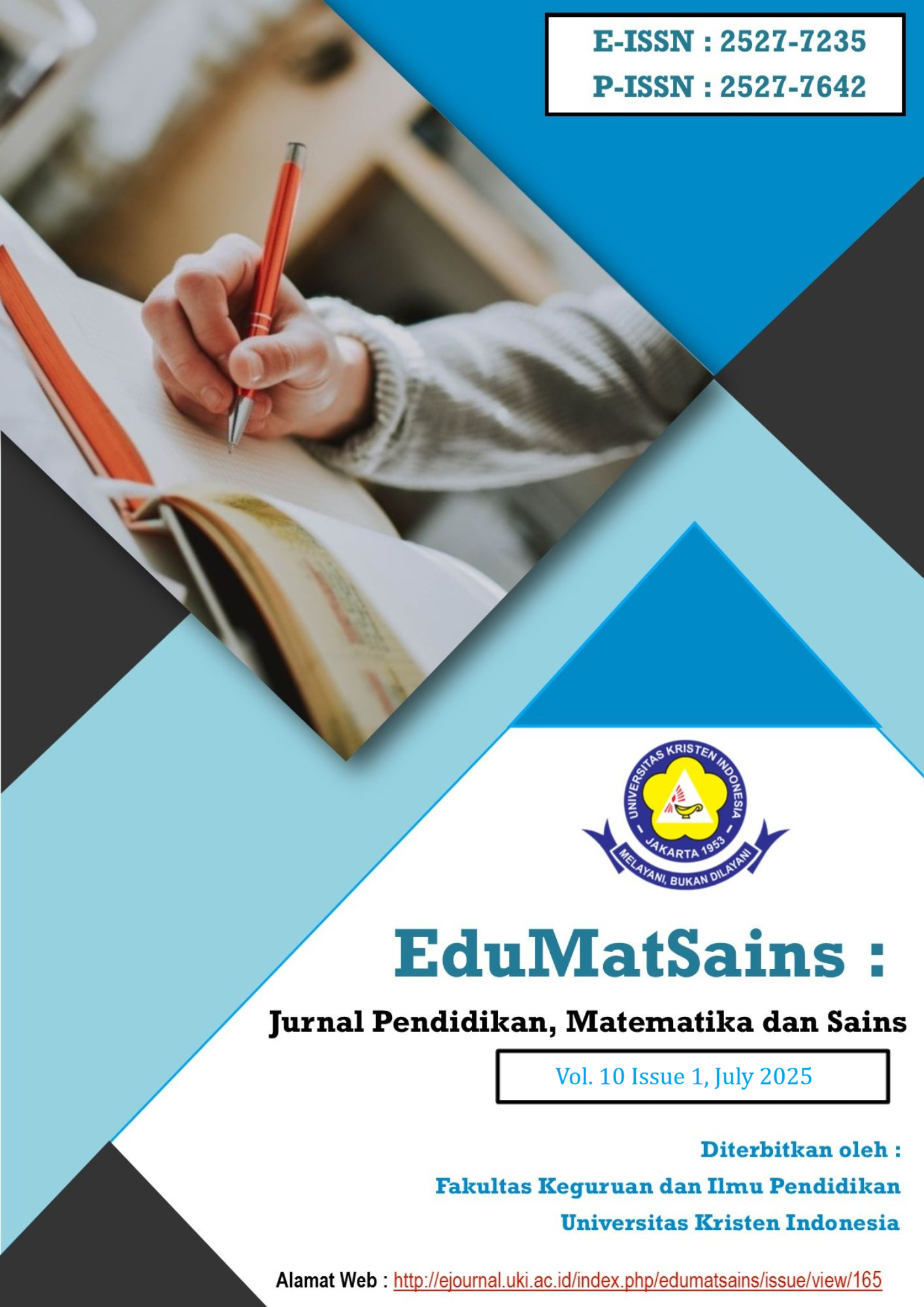

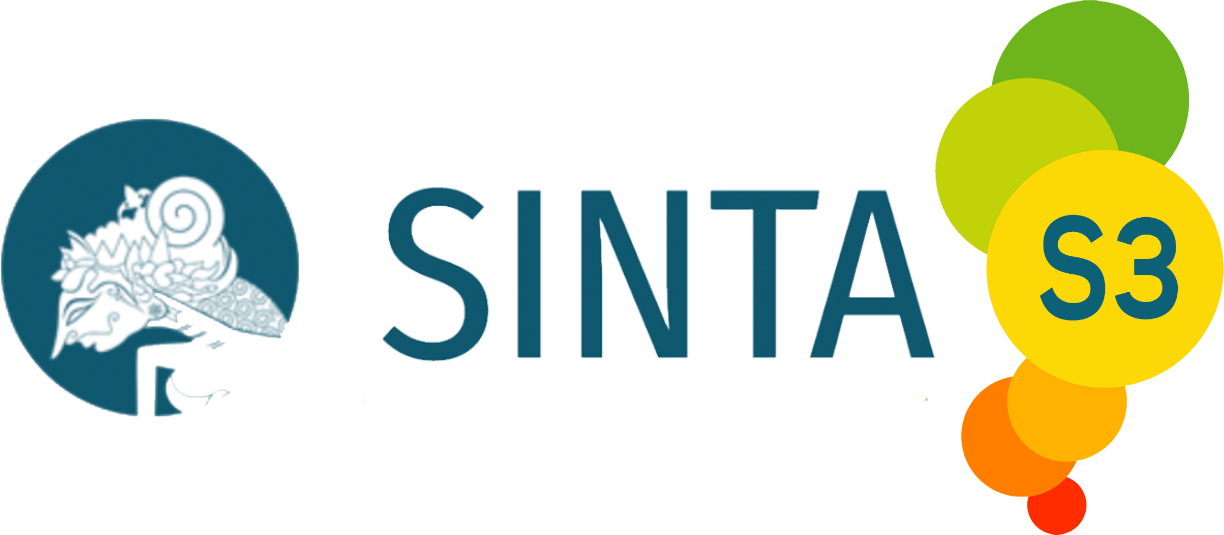



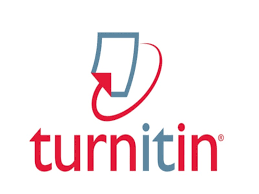
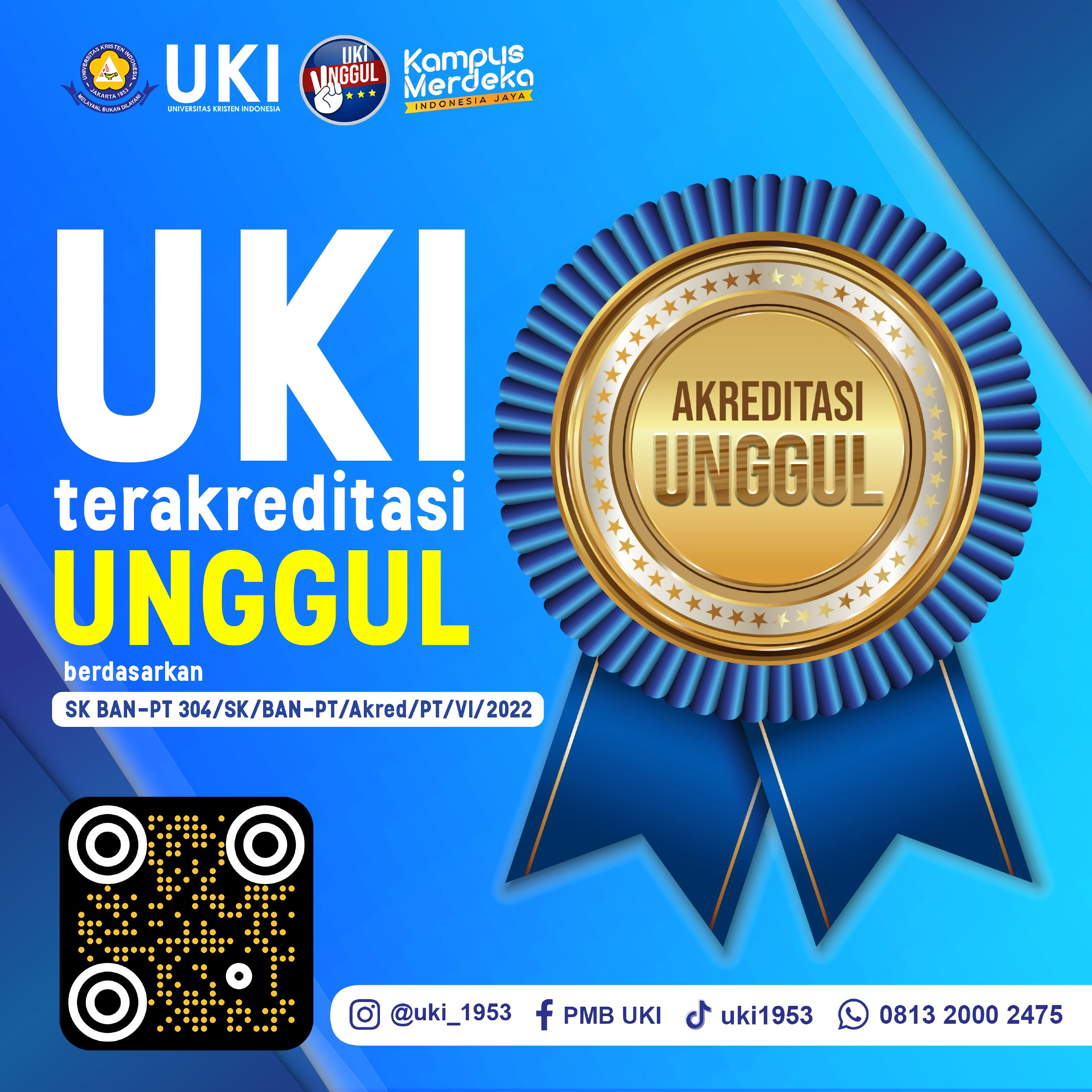
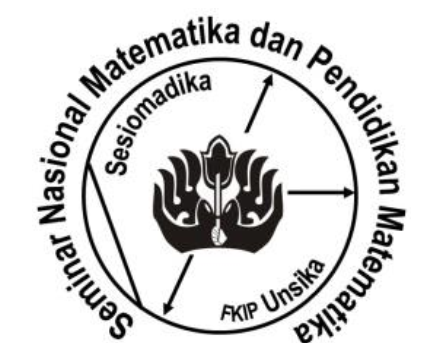











_(1).png)
